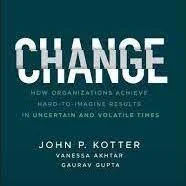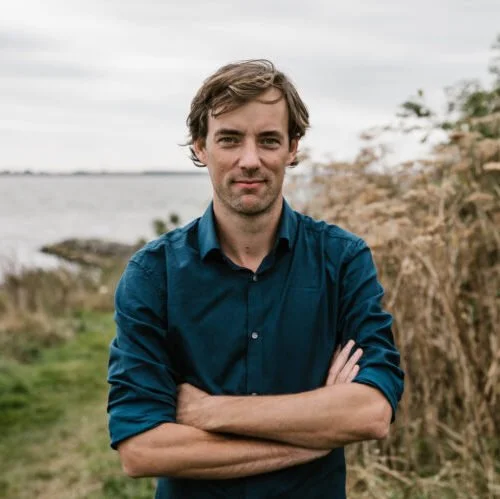(Highlights) EARL K. MILLER, Ph.D.
/Picower Professor of Neuroscience
MIT’s Picower Institute for Learning and Memory & Department of Brain & Cognitive Sciences
There are a lot of distractions in cities. So it's always good to maybe take some time out, be in a quieter place with no distractions so you can let your thoughts run. And that leads into the creative process because new ideas, new thoughts and where they come from. They come from following the garden path of associations in your mind. One thought leads to another, leads to another until your mind is in a new place it's never been before. Or you put two thoughts together that were never together before, but now they are because you managed to somehow follow this garden path of thoughts from one thought to the other. That's where creativity comes from, that's where your ideas come from, seeing things in a new way, seeing things that were never together before. And if you have constant distractions that interferes with that process.
















